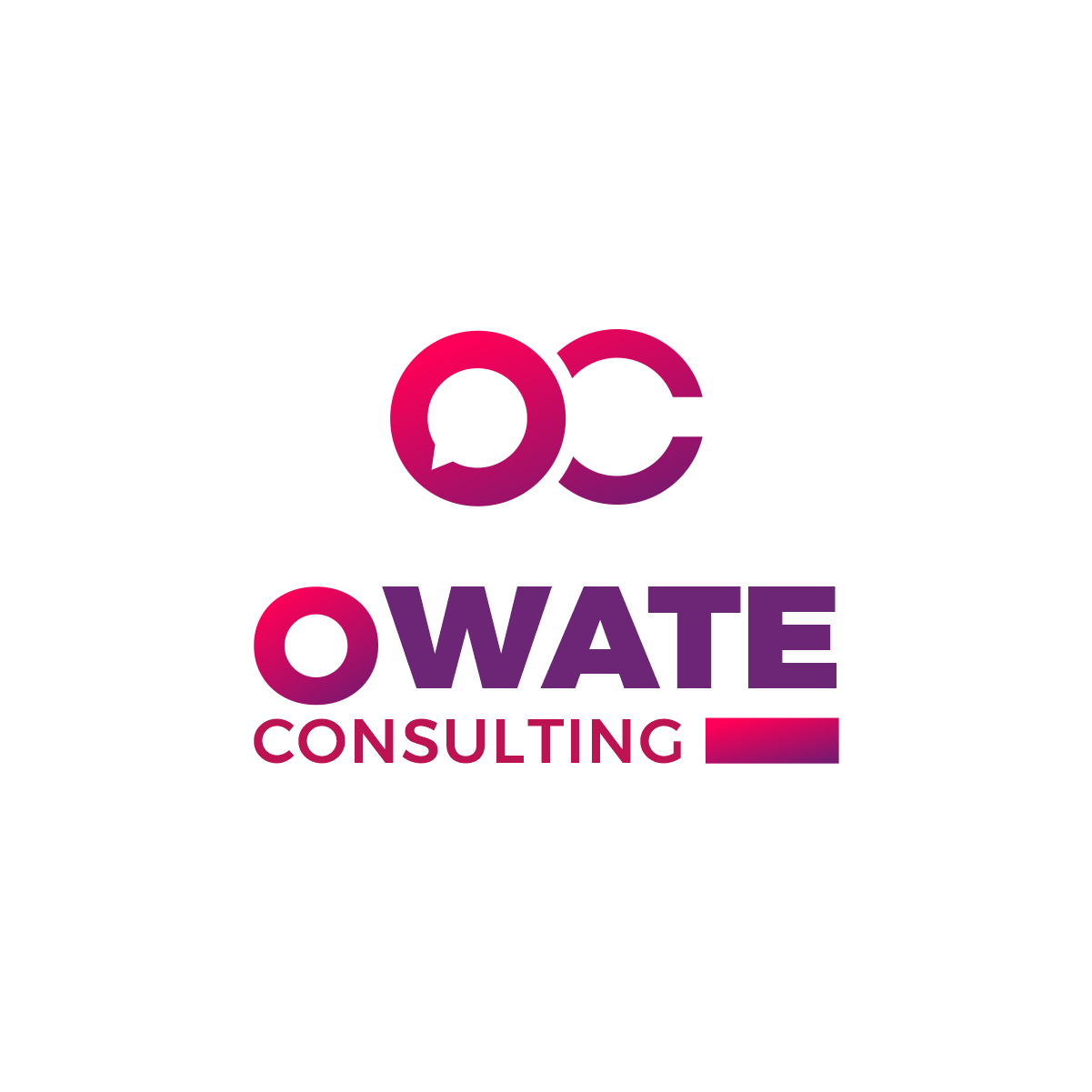Introduction
Personal branding has become an essential aspect of
professional development. It's not just about what you do
but how you present yourself and your work to the world.
This comprehensive guide will help you understand the
importance of personal branding, the key elements of a
strong brand, and the steps to develop and maintain your
personal brand effectively.
What is Personal Branding?
Personal branding is the practice of marketing oneself
and one's career as a brand. It involves identifying
your unique strengths, values, and skills, and
presenting them consistently across various platforms.
Your personal brand reflects who you are, what you stand
for, and how you want to be perceived by others.
Key aspects of personal branding include:
-
Authenticity: Presenting a unified
message across all platforms.
-
Consistency: Detailed sections where
you elaborate on your qualifications.
-
Value Proposition: Highlighting what
makes you unique and valuable.
The Importance of Personal Branding
Understanding the significance of personal branding can
greatly impact your professional journey. Here are some
key reasons why personal branding is important:
-
Career Advancement: A strong personal
brand can open doors to new opportunities by
showcasing your expertise and making you stand out
from the competition.
-
Networking Opportunities: Personal
branding helps build meaningful connections with
industry professionals, peers, and potential clients.
-
Increased Visibility: Consistent
personal branding increases your visibility, making
you recognizable and memorable to your target
audience.
Career Advancement
A well-crafted personal brand can significantly enhance
your career prospects. It allows you to:
- Highlight your expertise and achievements.
- Differentiate yourself from competitors.
- Attract job offers and promotions.
Networking Opportunities
Building a strong personal brand can also expand your
professional network by:
-
Connecting with industry leaders and influencers.
- Engaging with peers and potential clients.
-
Participating in relevant discussions and communities.
Increased Visibility
Personal branding boosts your visibility in several
ways:
-
Establishes you as a thought leader in your industry.
- Enhances your online presence and reach.
-
Makes you a go-to person for insights and advice.
Elements of a Strong Personal Brand
Creating a robust personal brand involves several key
elements:
Authenticity
Being authentic is crucial for building trust and
credibility. It involves:
- Staying true to your values and beliefs.
- Sharing genuine experiences and stories.
- Avoiding pretense or imitation.
Consistency
Consistency helps reinforce your brand and make it more
recognizable. Key points include:
-
Maintaining a unified message across all platforms.
- Regularly updating your content and profiles.
-
Using a consistent visual identity (logos, colors,
fonts).
Value Proposition
Your value proposition defines what sets you apart. It
includes:
- Highlighting your unique skills and strengths.
-
Explaining the benefits you offer to your audience.
-
Demonstrating your expertise through examples and
testimonials.
Storytelling
Effective storytelling can make your brand more engaging
and relatable. It involves:
- Sharing personal anecdotes and experiences.
-
Creating a narrative that reflects your journey.
-
Using stories to illustrate your values and strengths.
Join many by taking advantage of a consultation session
with a trusted professional at Owate Consulting. Reserve
your spot today at an affordable cost using this
link
Steps to Develop Your Personal Brand
Developing a personal brand requires strategic planning
and consistent effort. Here are the steps to
get started:
-
Identify Your Unique Strengths and Values
The first step in building your personal brand is to
understand what makes you unique. Consider:
- Your core values and beliefs.
- Your strengths and skills.
- Your passions and interests.
-
Define Your Target Audience
Knowing your target audience is crucial for
tailoring your brand message. Ask yourself:
- Who do you want to reach?
- What are their needs and preferences?
- How can you provide value to them?
-
Create Your Brand Message
Your brand message should clearly communicate who
you are and what you offer. It should:
- Be concise and compelling.
- Reflect your unique strengths and values.
- Resonate with your target audience.
-
Build Your Online Presence
A strong online presence is essential for personal
branding. Focus on:
-
Creating professional profiles on social media
platforms (LinkedIn, Twitter, Instagram).
- Developing a personal website or blog.
-
Regularly sharing valuable content that aligns
with your brand.
-
Engage with Your Audience
Engagement is key to building a loyal following. To
engage effectively:
-
Interact with your audience through comments,
messages, and discussions.
-
Participate in online communities and forums.
- Share and respond to feedback.
Building Your Personal Brand Online
In the digital age, having a robust online presence
is critical for personal branding. Here are some key
strategies:
-
Social Media Platforms
Social media is a powerful tool for personal
branding. To maximize its potential:
-
Choose relevant platforms: Focus on social media
platforms that align with your industry and target
audience.
-
Share expertise: Post content that showcases your
skills, knowledge, and industry insights.
-
Engage with followers: Interact with your audience
by responding to comments, joining discussions,
and sharing valuable content.
-
Personal Website or Blog
A personal website or blog serves as a central hub
for your personal brand. It should:
-
Showcase your portfolio: Highlight your work,
achievements, and testimonials.
-
Provide valuable content: Offer blog posts,
articles, videos, or podcasts that demonstrate
your expertise.
-
Include an about page: Craft a compelling about
page that tells your story and explains your
unique value proposition.
-
Content Creation and Sharing
Regularly creating and sharing high-quality content
can significantly enhance your personal brand.
Consider:
-
Writing blog posts or articles: Share your
thoughts, insights, and industry tips.
-
Creating videos or podcasts: Engage your audience
with multimedia content that highlights your
expertise.
-
Sharing industry insights: Provide valuable
information and trends relevant to your field.
-
Online Networking
Engaging in online networking can expand your reach
and visibility. To network effectively:
-
Join industry-specific groups and forums:
Participate in relevant discussions and share your
knowledge.
-
Attend virtual events and webinars: Connect with
industry professionals and learn from experts.
-
Collaborate with other professionals: Work with
influencers and peers to broaden your network and
increase your visibility.
Join many by taking advantage of a consultation session
with a trusted professional at Owate Consulting. Reserve
your spot today at an affordable cost using this
link
Personal Branding for Different Careers
Personal branding strategies can vary depending on your
career path:
Personal Branding for Entrepreneurs
Entrepreneurs can use personal branding to build
credibility, attract investors, and gain customer trust.
Key strategies include:
-
Showcasing leadership: Highlight your vision, mission,
and business achievements.
-
Building a strong online presence: Utilize social
media, blogs, and personal websites to establish your
brand.
-
Engaging with your audience: Interact with customers,
clients, and industry peers to build a loyal
following.
Personal Branding for Corporate Professionals
Corporate professionals can leverage personal branding
to showcase their expertise, climb the corporate ladder,
and secure promotions. Focus on:
-
Demonstrating expertise: Share your skills,
achievements, and industry insights.
-
Building a professional network: Connect with
colleagues, industry leaders, and potential mentors.
-
Enhancing visibility: Use social media and
professional platforms like LinkedIn to increase your
visibility.
Personal Branding for Freelancers and Creatives
Freelancers and creatives can use personal branding to
highlight their unique skills, attract clients, and
differentiate themselves from competitors. Strategies
include:
-
Showcasing your work: Create a portfolio that
highlights your best projects and achievements.
-
Building a strong online presence: Use social media,
personal websites, and blogs to reach potential
clients.
-
Engaging with your audience: Interact with followers,
share your process, and provide value through content.
Common Mistakes in Personal Branding
Avoiding common pitfalls is essential for maintaining a
strong personal brand.
Common pitfalls:
Lack of Focus
Having a clear and focused brand message is crucial.
Avoid trying to appeal to everyone and instead:
-
Define your niche: Identify your specific area of
expertise and target audience.
-
Craft a clear message: Ensure your brand message is
concise and reflects your unique value proposition.
-
Stay consistent: Keep your messaging and presentation
uniform across all platforms.
Inconsistency
Inconsistency can dilute your personal brand. Ensure:
-
Unified messaging: Maintain a consistent message
across all online and offline platforms.
-
Regular updates: Keep your content, profiles, and
website updated with current information.
-
Consistent visuals: Use the same logos, colors, and
fonts to create a cohesive brand image.
Neglecting Online Presence
Regularly updating and engaging with your online
presence is vital. Avoid neglect by:
-
Staying active: Post regularly on social media, update
your blog and engage with your audience.
-
Responding to feedback: Interact with comments,
messages, and feedback from your audience.
-
Monitoring your presence: Keep track of your online
reputation and address any issues promptly.
How to Maintain and Evolve Your Personal Brand
Personal branding is an ongoing process that requires
continuous effort:
Continuous Learning and Adaptation
Staying updated with industry trends and continuously
learning new skills is crucial. Focus on:
-
Professional development: Attend workshops, courses,
and conferences to enhance your skills.
-
Staying informed: Keep up with industry news and
trends to remain relevant.
-
Adapting your brand: Evolve your brand message and
strategies as you grow and learn.
Engagement with Industry Trends
Regularly engaging with industry trends helps you stay
ahead of the curve. Consider:
-
Incorporating trends: Integrate relevant trends into
your content and branding strategies.
-
Sharing insights: Provide your audience with updates
and insights on industry developments.
-
Networking with thought leaders: Connect with industry
influencers and experts to enhance your knowledge and
visibility.
Regularly Updating Your Brand
Periodically review and update your brand message,
online profiles, and content to reflect your growth and
changes. Key steps include:
-
Assessing your brand: Regularly evaluate your brand
message, visuals, and strategies.
-
Making adjustments: Update your content, profiles, and
website to align with your current goals and
achievements.
-
Seeking feedback: Ask for feedback from peers,
mentors, and your audience to improve your brand.
FAQs about Personal Branding
How to build a personal brand?
The quickest way to build a personal brand is by
following the 10 steps to build a personal brand. To
build a great personal brand, claim a
free sessionwith a career consultant today.
What is the first step in personal branding?
The first step in personal branding is identifying your
unique strengths and values. This involves understanding
what sets you apart and what you want to convey to your
audience.
How can I improve my personal brand?
Improving your personal brand involves consistently
creating and sharing valuable content, engaging with
your audience, and regularly updating your online
presence.
What are the benefits of personal branding?
Personal branding can lead to career advancement,
increased visibility, better networking opportunities,
and a stronger professional reputation.
How to build a personal brand?
The quickest way to build a personal brand is by
following the 10 steps to build a personal brand. To
build a great personal brand, claim a
free sessionwith a career consultant today.
How do I build a personal brand on social media?
Building a personal brand on social media involves
regularly posting relevant content, engaging with your
audience, and networking with industry professionals.
What are common personal branding mistakes?
Common mistakes include lack of focus, inconsistency,
and neglecting your online presence. It's crucial to
have a clear brand message, stay consistent, and engage
regularly with your audience.
How often should I update my personal brand? ?
You should regularly review and update your personal
brand to reflect your growth and changes in your
industry. Continuous learning and adaptation are key.
Conclusion
Building and maintaining a strong personal brand is
essential for
career growth
and professional development. By understanding the
importance of personal branding, identifying key
elements, and following strategic steps, you can create
a unique and impactful personal brand that sets you
apart from the competition.
Got unanswered questions? Ask an expert
today.

 Immanuela
Immanuela